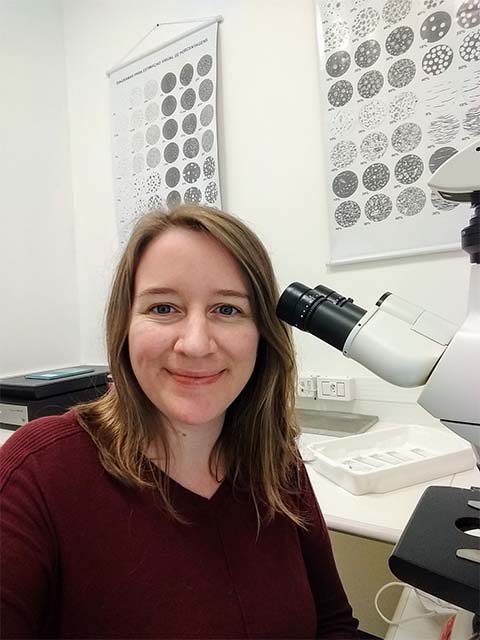Episode 5 : What Climate Action Innovators can Learn from Pre-Colombian Indigenous Sustainable Development Practices in the Amazon Forest
In this episode, learn about pre-Colombian sustainable development practices by Indigenous peoples in the Amazon forest. To innovate climate action, we sometimes need to look back. Dispelling the assumption of an untouched wilderness, we will share the research of Archeologist and PhD Jennifer Watling, and the evidence for large, diverse, and socially complex pre-Columbian societies in many regions of the Amazon basin. Integrating with nature rather than dominating it, agroforestry and resource management practices created “edible forests”.
 Jennifer Watling, PhD
Jennifer Watling, PhD
Jennifer Watling is an archaeologist specializing in the integration of plant microfossil analysis to understand plant resource use, cultivation, and landscape transformations in pre-Columbian Amazonia. She got her undergrad, Masters and PhD diplomas from the University of Exeter, UK, and then went on to do a post-doctorate at the University of São Paulo, where she is currently a Collaborating Researcher. She has mainly worked in Southwestern Amazonia, publishing on topics such as the environmental impact of earthwork builders and the long-term history of plant resource use throughout the Middle to Late Holocene periods. Jennifer’s eventual goal is to combine archaeological and palaeoecological data with indigenous and traditional knowledge to advance current conservation debates in the Amazon.
Full paper: Impact of geoglyph builders on Amazonian forests
Jennifer Watling, José Iriarte, Francis E. Mayle, Denise Schaan, Luiz C. R. Pessenda, Neil J. Loader, F. Alayne Street-Perrott, Ruth E. Dickau, Antonia Damasceno, Alceu Ranzi
Proceedings of the National Academy of Sciences Feb 2017, 114 (8) 1868-1873; DOI: 10.1073/pnas.1614359114

